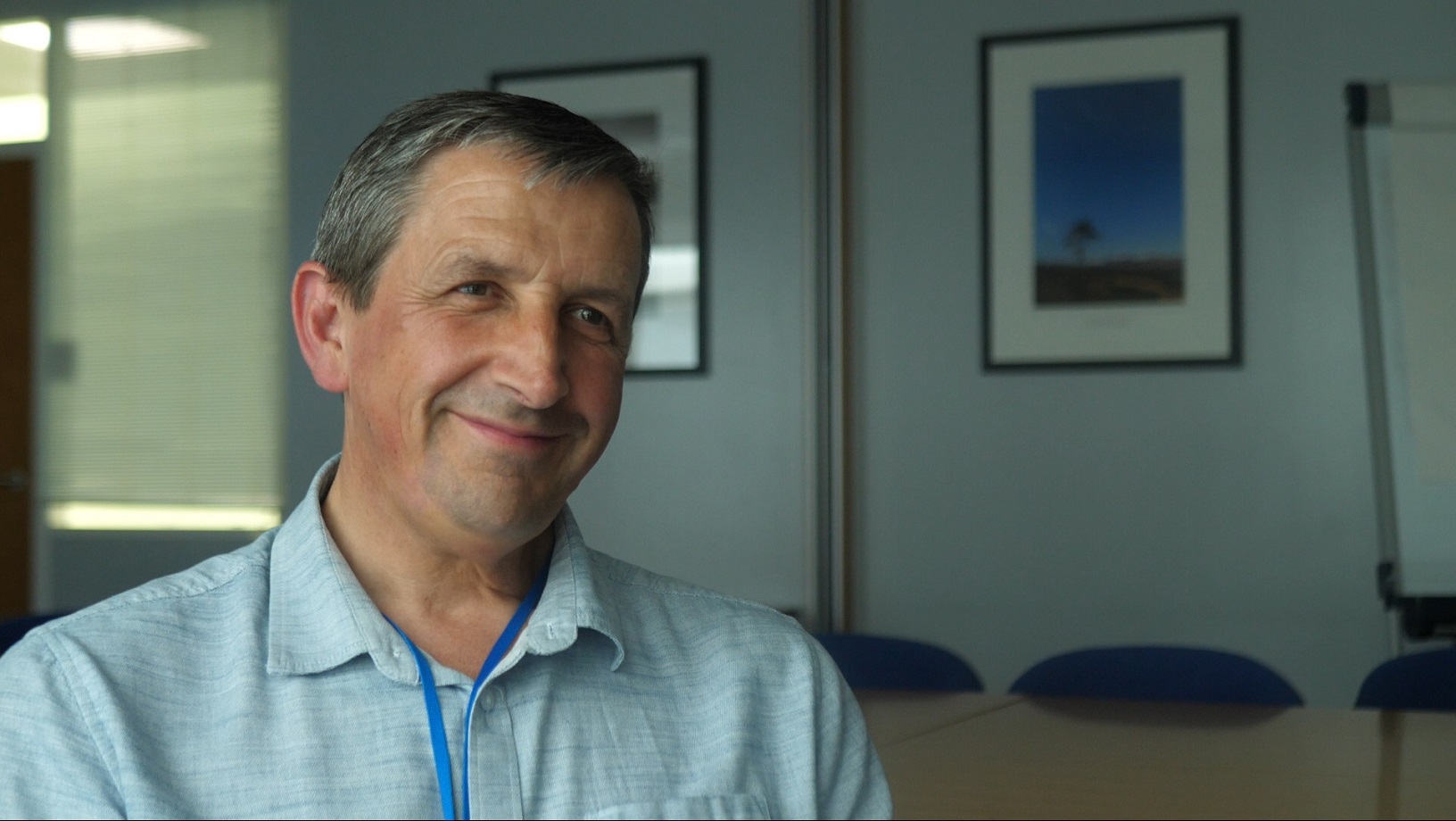You can study social work and stay in your current
employment. This can be helpful if you’re not able to
attend university full time because of where you live,
or financial and family commitments. Employers can
sometimes pay for a worker to complete their social work
training as it helps develop their workforce, and you may be eligible for part time funding from SAAS. There are other funding
options available if you apply for full time study.
You will need to work in a suitable social service role
with a good level of responsibility, for example
creating and implementing care plans. You should also be
able to demonstrate that you have worked with and
supported a range of different people. You might already
work in social work services (for example as a social
work assistant) or community justice (for example as a
community justice support worker). You may need to work
a minimum number of hours each week and will need to
stay in employment until the end of your study.
Social Work – Blended Learning at Robert Gordon
University (RGU)
This programme starts at SCQF level 8. To enter you will
need to hold relevant credits equivalent to the first
year of university which is 120 credits at SCQF level 7.
For example, an HNC Social Services (96 credits) plus
extra credits from a related subject like psychology or
sociology. Usually these credits will come from a
college or university course, however you may be able to
claim some credit from learning you have gained through
experience. Advanced entry to SCQF level 9 is possible
for applicants who have the appropriate experience and
qualifications.
You will need to spend some time on campus at the
university for teaching blocks (two weeks per calendar
year). Other learning is delivered online with email and
telephone contact with personal tutors. You can also
arrange placements near you (in appropriate cases at
least one placement can be your workplace) so this may
be a good route for those living in remote and rural
locations.
View the RGU website for full details on entry
requirements and course.
Full details
BA (Honours) Social Work (Scotland) at the Open
University (OU)
This programme has four stages starting with two
introductory modules, an introduction to health and
social care (K101) and introducing the social sciences
(DD102). These modules will help prepare you for degree
level study which will help if you do not hold Highers
or other qualifications at SCQF level 6. However, you
still need to meet the minimum numeracy requirement (for
example National 5 Maths) or pass the numeracy test
offered by the OU. You also need to show strong
capability in english (and have a minimum of National 5
English or equivalent).
This is a work based distance learning route. To enter
you need to be working in social services in Scotland
and your employer must sponsor you. There are a limited
number of places for independent (self funding) students
who would pay their own funding providing they have
their employer’s agreement.
View the OU website for full details on entry
requirements and course details.
Full details
Postgraduate Diploma in Social Work at the Open
University
This post graduate qualification contains 120 credits at
SCQF level 11.
It includes a residential weekend, face to face
workshops and two large practice placements.
To apply you’ll need an honours degree with a minimum
2:2 classification.
This is a work based distance learning route. To enter
you need to be working in social services in Scotland.
You need to be sponsored by your employer who must agree
to provide your practice learning opportunities.
View the OU website for full details on entry
requirements and course details.
Full details

